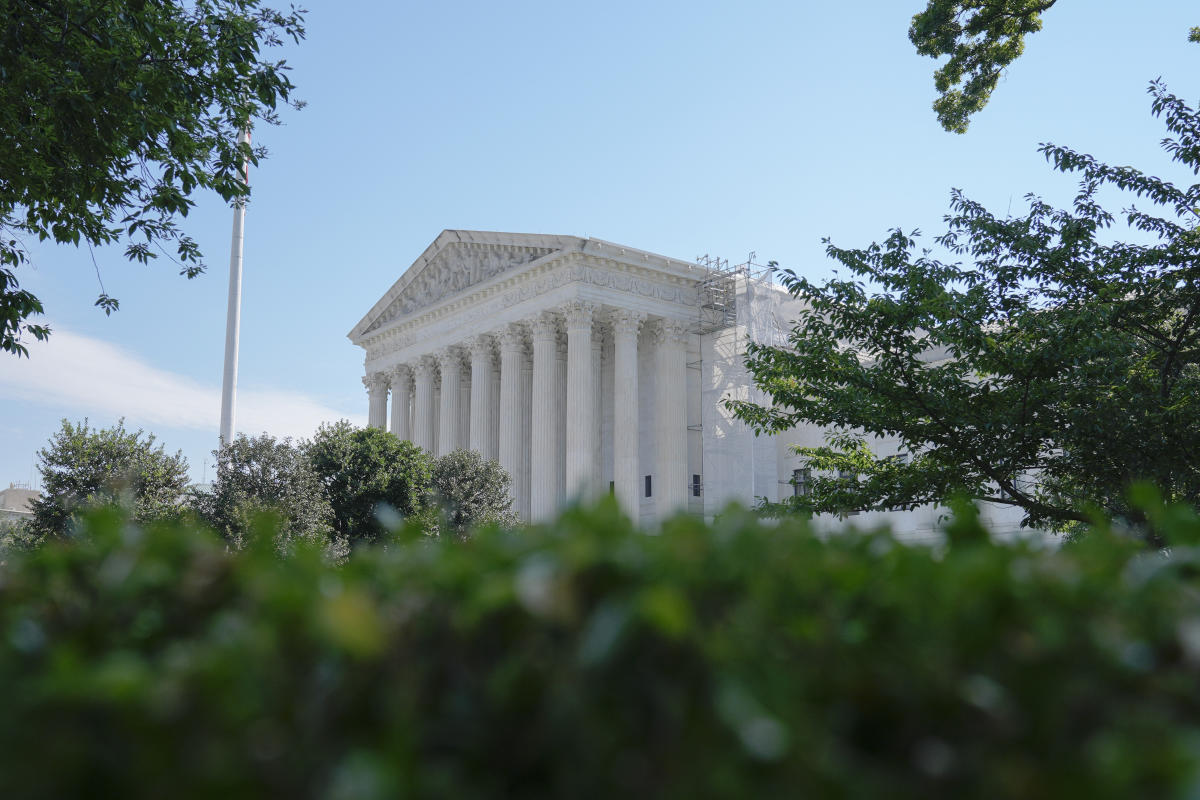WASHINGTON (AP) — The Supreme Court on Thursday promoted a tax on foreign earnings over an obstacle backed by service and anti-regulatory interests, decreasing their invite to weigh in on a more comprehensive, never-enacted tax on wealth.
The justices left in location an arrangement of a 2017 tax law that is anticipated to create $340 billion, generally from the foreign subsidiaries of domestic corporations that parked cash abroad to protect it from U.S. taxes.
The law, gone by a Republican Congress and signed by then-President Donald Trump, consists of an arrangement that uses to business that are owned by Americans however do their service in foreign nations. It enforces a one-time tax on financiers’ shares of earnings that have actually not been passed along to them, to balance out other tax advantages.
However the bigger significance of the judgment is what it didn’t do. The case brought in outsize attention due to the fact that some groups allied with the Washington couple who brought the case argued that the challenged arrangement resembles a wealth tax, which would use not to the earnings of the really wealthiest Americans however to their possessions, like stock holdings, that now get taxed just when they are offered.
The court ruled in the case of Charles and Kathleen Moore, of Redmond, Washington. They challenged a $15,000 tax costs based upon Charles Moore’s financial investment in an Indian business, arguing that the tax breaks the 16th Change. Validated in 1913, the modification enables the federal government to enforce an earnings tax on Americans. Moore stated in a sworn declaration that he never ever got any cash from the business, KisanKraft Maker Tools Private Ltd.
A judgment for the Moores might have brought into question other arrangements of the tax code and threatened losses to the U.S. Treasury of a number of trillion dollars, the Biden administration informed the court.
The case likewise had actually kicked up ethical issues and raised concerns about the story the Moores’ attorneys informed in court filings. Justice Samuel Alito turned down calls from Senate Democrats to step far from the case due to the fact that of his ties to David Rivkin, a legal representative who is representing the Moores.
Public files reveal that Charles Moore’s participation with the business, consisting of working as a director for 5 years, is even more substantial than court filings show.
The case is Moore v. U.S., 22-800.
___
Follow the AP’s protection of the U.S. Supreme Court at https://apnews.com/hub/us-supreme-court.

Leave a Reply